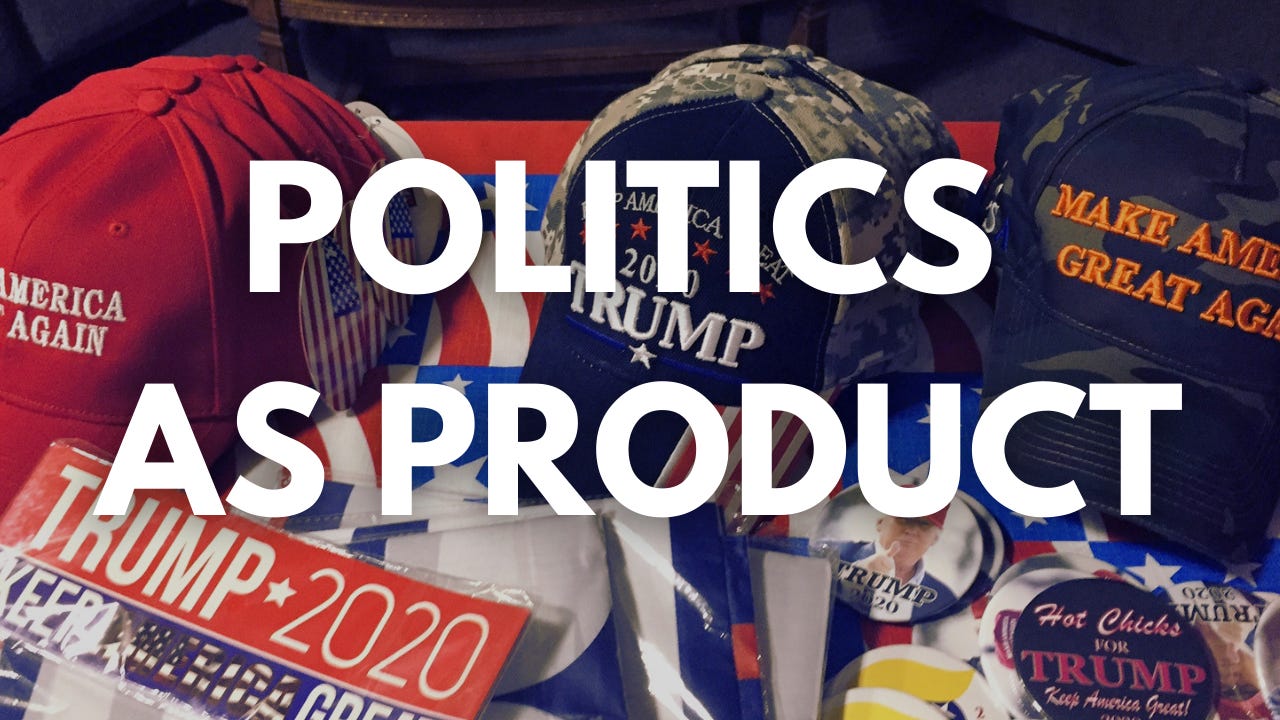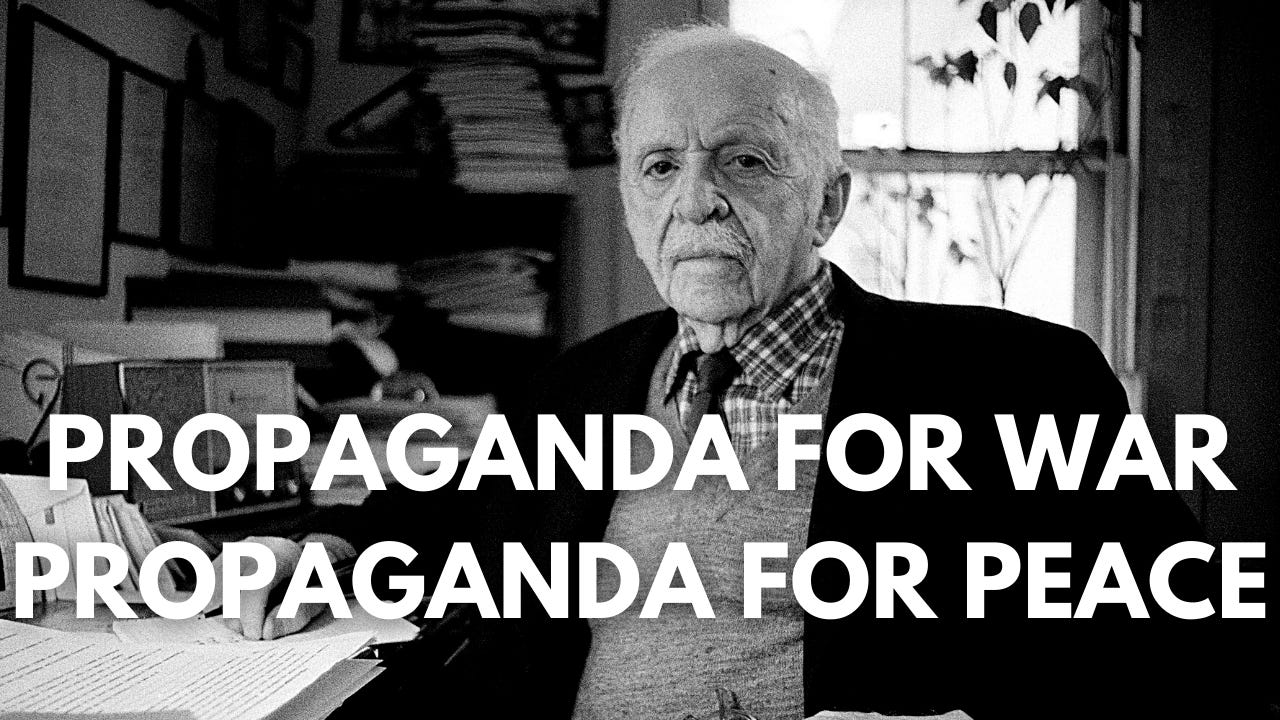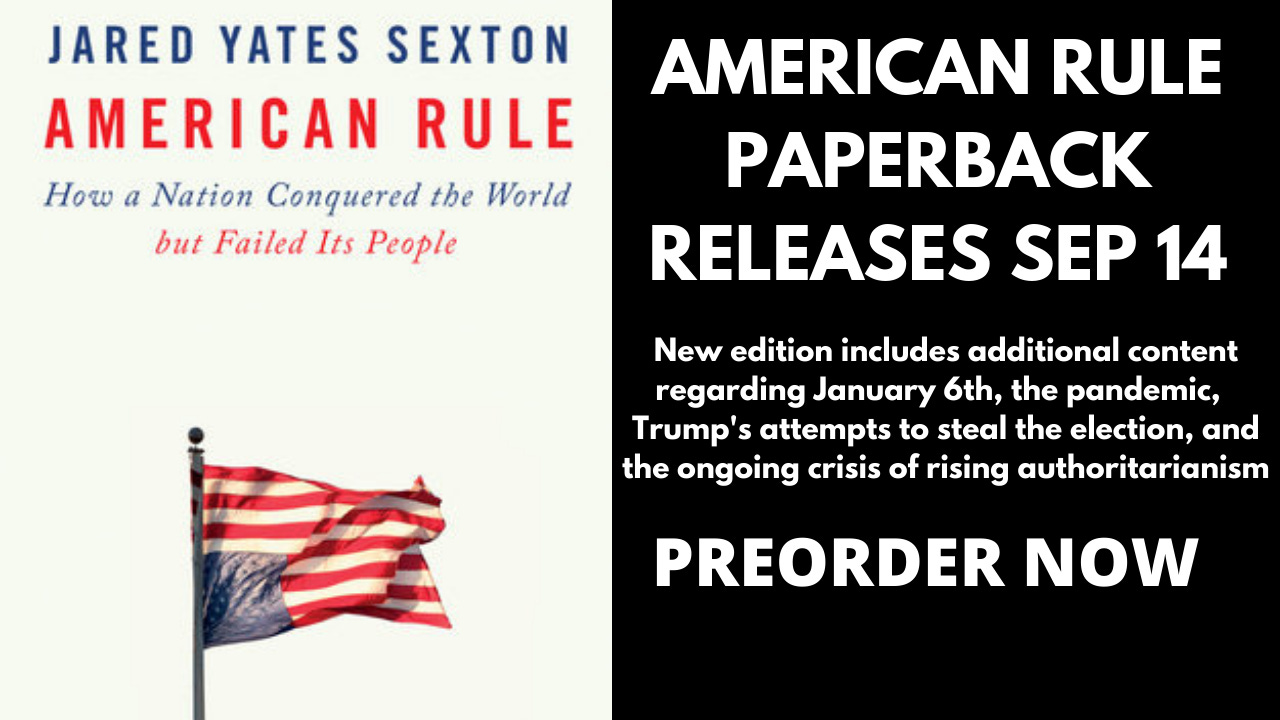On August 22nd, former president Donald Trump addressed a rally of his followers and stumbled through a halfhearted endorsement of getting vaccinated against Covid-19. “I believe totally in your freedoms,” he began. “I do. You’ve got to do what you’ve got to do. But I recommend take the vaccines. It’s good. I did it. Take the vaccines.”
Trump’s clumsiness was far from a surprise, but the reaction raised some eyebrows. The man who has been beloved among his base for years, whose behaviors and crimes have been summarily forgiven or so rationalized that it enabled QAnon, a massive conspiracy theory that “explained” every misstep and mistake, was booed.
Quickly he scrambled to regain control of the crowd, stammering on about “freedoms” as he realized how he had miscalculated. After all, nobody goes to a Trump rally to be told to get vaccinated or even take the pandemic seriously. It’s about getting together with like-minded followers, screaming at your enemies, grousing about overthrowing the political structure, and then, either on the way in or on the way back to your car, picking up some merchandise. A hat. A shirt. A flag to fly from your front porch and annoy your liberal neighbors.
In my time covering Trump rallies, I’d noticed they began to feel like concerts. When Trump would get on a roll, talking about building the wall or locking up Hillary Clinton, his fans would cheer wildly. When he ranted about whatever issue was in the news that week, people streamed out in droves to the bathroom or to catch a quick smoke break. Just like what happens when the aging rockstar takes a break from the hits and plays a few tunes from the new album that nobody wanted and nobody bought.
Trumpism is as much, if not more, about consumerism as it is politics. Brandishing a MAGA hat, keeping your TRUMP 2020 sign in your yard eight months after he lost the election, posting continually about the Deep State and the results being overturned is a declaration of worldview and personality as much as what brand of jeans you wear and what team you root for on Sundays. It’s an instantaneous message to anyone observing of what you believe and, more importantly, who you are.
This link between the Right and consumer demographics is both incredibly unappreciated and also the key, at least in part, of understanding exactly how we’ve arrived at this moment of danger and crisis. It is the inevitable result of a society predicated on consumerism and a political system wherein the power of the people has been relentlessly limited to the point of nonexistence.
Dispatches From A Collapsing State is an independent media venture that depends on your support. As the home of Jared Yates Sexton’s political, historical, and cultural writings, your support means literally everything in keeping this project ad-free and editorially independent. To access additional content, as well as make future features possible, please consider becoming a subscriber today and sharing Jared’s work with your friends and family.
Woodrow Wilson had a problem. The 28th President of the United States saw the unfolding World War as an opportunity for America to assert itself on the international stage, for the future to be determined by its interests, and, in the process, Wilson believed he might rise to his proper station as messiah-like figure.
The issue was that Wilson had promised the U.S. would remain neutral in his reelection campaign and that, in order for America to be seen as a worldwide leader, its many faults would have to disappear overnight. To remedy both of these issues, Wilson turned to a team of propagandists who would whip the country into a fervor and paper over the many, many inequalities of race, gender, and wealth, selling to the world a fabricated image that America was a bastion of liberty and democracy.
One of the individuals drafted into this crusade was Edward Bernays, the nephew of psychological giant Sigmund Freud. Using his uncle’s vaunted work, Bernays crafted appeals intending to manipulate the unconscious desires, fears, and needs of the American people. Freud had pioneered the theory that society was largely an illusion, a calm surface that concealed wild and dangerous currents underneath. By communicating to the human subconscious, Bernays believed propaganda could be produced that spurred people to fight the war and inspired populations around the world to look to America for hope and leadership.
He was right. The effort was incredibly effective, so much so that Wilson was greeted as a savior when the fighting ceased. It didn’t matter that Wilson had no real interest in spreading democracy, the idea was enough to influence society and current events. In the wake of the war, Bernays found an incredibly receptive audience for his talents: American business.
Using the same techniques he’d crafted for Wilson and borrowed from his uncle, Bernays pioneered a psychological appeal that would convince Americans to buy products and luxuries they simply didn’t need. The secret was to play upon unconscious desires and link them to products that had absolutely nothing to do with them. Soon, Americans were spending their hard earned money on things they’d never wanted or desired before, all while having no understanding of what forces compelled them to shell out their money.
These appeals continued in politics as people like Bernays worked for campaigns and politicians who needed desperately to connect with those unconscious needs and desires to get elected, to craft movements, and forward the interests of the wealthy and powerful they represented. Soon, the gap between the real world and the fantasies that motivated people to purchase items and vote for certain candidates grew to be a chasm. And, even more worrisome, the people being manipulated were increasingly unaware of the forces that compelled them.
A prime candidate for these manipulations is the white American male. Besides being the original source of power in the United States of America, the white male is wildly insecure, a side-effect of the natural paranoia stemming from the violence of white supremacy and tragic fears of being emasculated in front of the world at-large. Corporations have made fortunes playing off these fears, promising that white men will be secure in their place, in their power, in their privilege, if only they’ll buy ever-increasingly large trucks, if they’ll arm themselves with every possible type of gun, if they’ll just continue forking over their dollars for products they do not actually need.
The Republican Party has bet its political fortunes on these psychological appeals. Having no actual political project to speak of and relying only on cultural outrages and angry posturings, the GOP has created a brand that, with support and continual purchasing, the white male can hide behind. To stand by and champion rampant racism and cruelty, we now watch the base attempt to explain themselves to the world through these signifiers. Lucky for Trump, he was a pioneer in understanding this phenomenon. It didn’t even begin to matter that none of his programs or legislation had anything to do with helping the people who crowded into his rallies, it was about being there. It was about wearing the hat. Flying the flag. Pissing off the neighbors and the community with stickers and offensive paraphernalia. It was about dressing yourself in products that told the world this is who I am. It’s no surprise a lifelong huckster who sold his worthless brand to people wanting to live a rich lifestyle managed to capitalize on this possibility.
And this is what we’re up against. Generations of psychological appeals that the people in their sway don’t even begin to understand or else live in fear of being exposed for. In terms of the pandemic, even so much as donning a mask or admitting to getting vaccinated is enough to harm the “brand” these people have cultivated and hide behind. Some probably even understand the virus might kill them, might maim them, might leave their families bereft following their unnecessary death, but to act in any way, shape, or form contrary to the established brand would almost be worse than death.
This is what our consumerist society has created. A moment where politics no longer actually represent the wants and needs of the people, but allows them to express their own consumer demographic and sell themselves to others. This gives those people a chance to market themselves downstream of influencers like Donald Trump, to sell their own podcasts and merchandise and even their own businesses as being the type of products that a “Trump Person” should buy. This is how we arrive to militaristic coffee companies, “patriot” wines, and a pillow salesman working to overthrow the government while hawking his wares. And, as preposterous as it all might seem, these marketing appeals, when coupled with the fearmongering of the Right, make possible authoritarianism and widespread oppression.
As long as our political system allows no means for our will to be done, as long as the corporations that use these psychological manipulations to pad their pockets use our money to buy and sell politicians and corrupt the processes, as long as people live in the illusions that have been sold to them and crafted based on the principles of Bernays and Freud, this will continue. To face facts and reckon with the poisonous effects of consumerism and the myriad of manipulations that we are so often completely oblivious to is not only necessary to our well-being, but the survival of society as a whole.








And yet the political system (Trump notwithstanding) continues to operate largely as if this is not the case. Ethan Porter makes some interesting arguments about how the government can make the consumer mindset work to its advantage in his book "The Consumer Citizen." I'd love to see the two of you do a Q&A. https://global.oup.com/academic/product/the-consumer-citizen-9780197526798?lang=en&cc=us